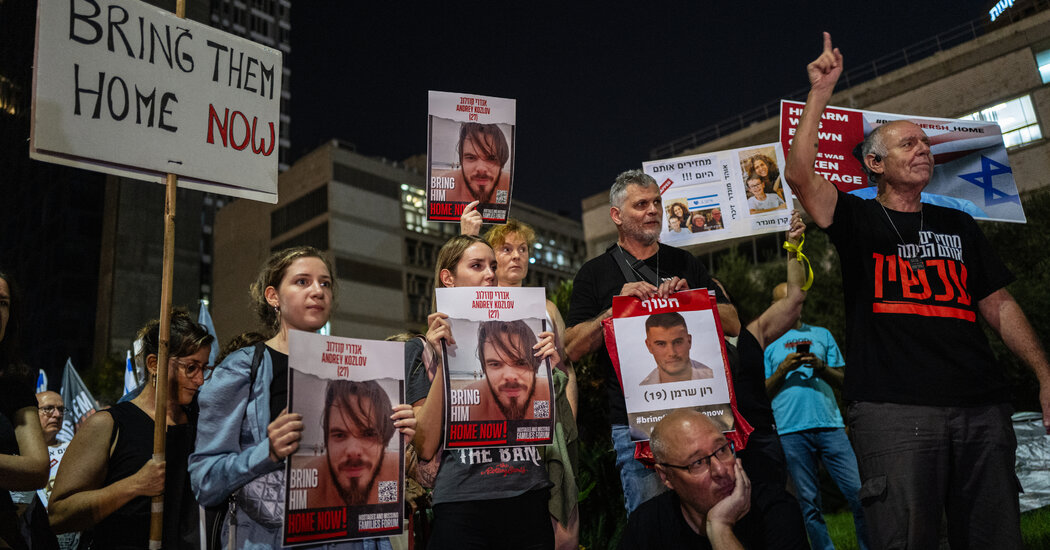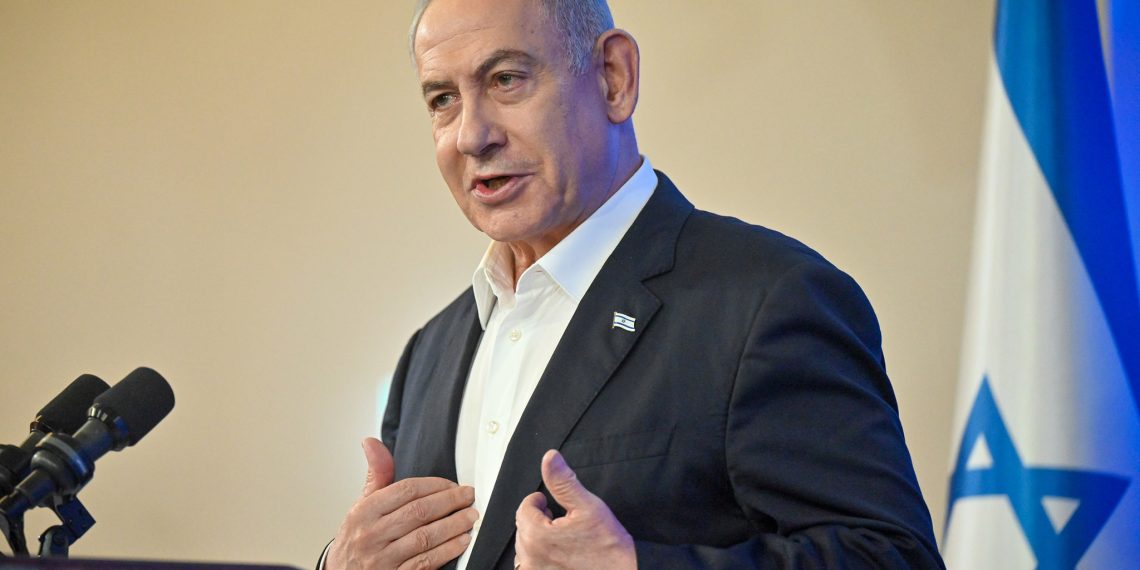The Gaza conflict, now approaching its fifth month with over 25,000 Palestinians dead, has yet to see a concrete proposal to pause or end the conflict that satisfies both Israel and Hamas. However, there are emerging, albeit half-formed, suggestions from both sides, indicating a willingness to engage in dialogue.
Qatar, serving as a mediator, reports “serious discussions” between Israel and Hamas, receiving consistent responses from both parties. While not categorized as negotiations by the White House, indirect talks suggest a potential movement toward a “zone of possible agreement” (Zopa), as described by Ofer Shelah from Israel’s Institute for National Security Studies.
Recent proposals include Israel suggesting a two-month truce in exchange for the release of over 100 hostages held in Gaza. Mossad chief David Barnea proposed allowing Hamas leaders to go into exile as part of a broader ceasefire. Hamas, in turn, signaled openness to releasing hostages in exchange for a temporary halt to hostilities, with discussions on a one-month truce in progress.
However, obstacles remain, with Hamas seeking a “package deal” that includes a second-phase agreement to end the war. The feasibility of such an agreement’s enforcement remains uncertain. Additionally, the idea of exile for Hamas leaders faces resistance, with Qatar’s Prime Minister reportedly dismissing it as impractical.
While dialogue persists and the conflict endures, pressure is mounting on Israel to secure the release of hostages. Protests outside Prime Minister Benjamin Netanyahu’s residence demand decisive action, while road blockades and interference with aid deliveries to Gaza underscore the urgency.
Alternative suggestions, such as an all-for-all deal involving the release of all Palestinian prisoners in exchange for freeing hostages, face skepticism, with more than half of Israelis expressing opposition.

Amid the complexity, former IDF General Israel Ziv suggests military pressure as a means to bolster negotiations. He predicts a potential deal post the IDF’s completion of operations in Khan Younis, southern Gaza, which is anticipated to take an additional month.
While military considerations, public demands, and external pressures shape the dynamics, the political landscape, particularly the perception of Prime Minister Netanyahu’s war policies, adds a layer of complexity to the ongoing Israel-Hamas conflict.





